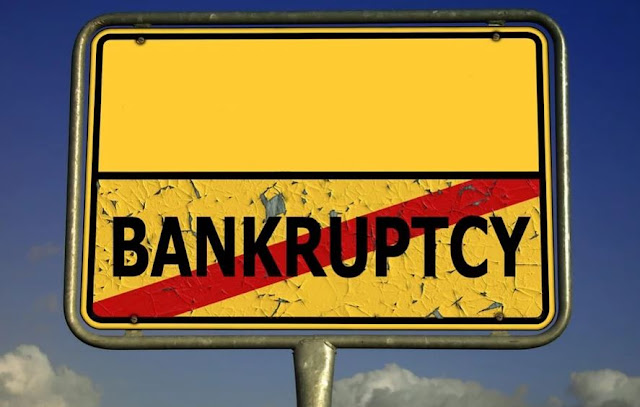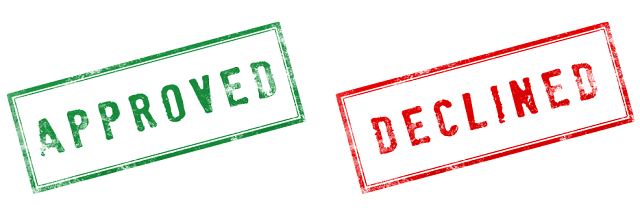
The assets of a company are extremely important. Any businessman worth his salt doesn’t need a professional accountant to tell him that assets must be protected by the company. All companies that have gone under and filed for bankruptcy are guilty of improper asset management and lack of resources, which are common reasons why businesses fail. Bankruptcy lawsuits could also occur as well depending on the circumstances, so individuals and companies should have experienced lawyers and attorneys ready.
Assets are essential to a company’s financial survival. They help the company in Revenue generation and increases the value of the company altogether. Without assets, your company would not have any resources to utilize for its improvement and growth. Even your business operations would come to a full halt without any assets to burn. You would not be able to run a company, much less hire staff if your bank is run dry.
When it comes to running a business and keeping it thriving, you don't have to reinvent the wheel. It truly is a simple process of maintaining a steady level of assets and expenses, making sure that the resources you bring in far exceed the resources you spend.
Here we have listed some crucial strategies that must immediately be implemented by the company to ensure further asset management and protection.
How To Select The Right Business Model
First of all, I need to emphasize the need to choose a proper business model. If your business model is doomed to fail, no matter how you save your assets, it will ultimately fail. Many businesses are operating on an inefficient business model that pushes to lose more money than they are gaining. It is then important that you take the time to check whether your business operations are truly successful or are you just wasting your time and money. Make sure the business model you select is profitable, and if it isn't then you should cut business expenses wherever possible.
Take Care Of Business Contracts
In an ideal world, just acting on good faith is enough to keep the company alive and running. Unfortunately, this is not quite the case in the world we have today. It is best that you use legal contracts for all your business transactions.
Contracts are legally binding documents that state the relationship between two or more entities. Stated in it are the expectations and responsibilities of each entity while also providing the ramifications should there be any problems.
A contract manager must perform a regular contract review to ensure that the performance of every vendor and client are up to par. If you really want to protect your personal assets, especially your contracts, integrating a contract management software would be the easiest way to go about it. This will also ensure that all your contracts are followed.
A breach of contract is one of the fastest ways for a company to go down. The legal fees not to mention the compliance fees afterwards will run your bank dry, leading to debt or bankruptcy. It should also be mentioned that the hit in your reputation will also make the company struggle with its finances.
Hire Professional Accountants
If you really want to have a proper visual of all your cash flows, then it would be best to hire a professional accountant instead of having an inexperienced staff member do it for you. A professional accountant will be able to determine whether there are discrepancies in your accounts and thereby sniff out if someone is stealing from the company. They will also be able to tell if there are any financial problems ahead of you.
Focus On Frugal Finances
While the adage you have to spend money to make money is often true, you still need to maintain financial discipline. Many companies have already failed and rendered obsolete only because they spent way too much without determining whether they are able to earn it back or not. If your company is earning less than you are spending then that means that your company is on the rocks and will be rendered dry in a limited amount of time. Focusing on frugal finance is key to long-term business success.










